Earth
Sign up for our newsletter
We summarize the week's scientific breakthroughs every Thursday.
-
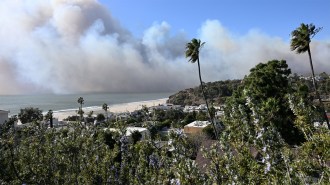 Oceans
OceansHow will the LA fires affect the ocean? These researchers are racing to find out
Scientists aboard a research vessel near Los Angeles collected ash, air and water samples as fire blazed on the hills before them in January.
-
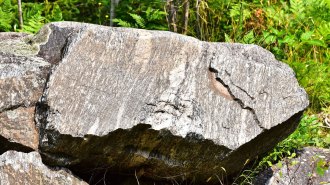 Earth
EarthThe United States’ oldest known rock has existed for at least 3.6 billion years
More than just a cool bit of trivia, the finding raises questions about our understanding of Earth’s history.
By Evan Howell -
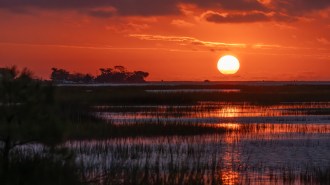 Climate
ClimateWetland bacteria could make more methane in a warming world
Warming temperatures can ramp up the activity of methane-producing bacteria in wetland soils, adding to methane emissions.
-
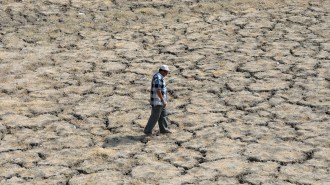 Climate
ClimateEarth’s landmasses lost trillions of tons of water this century
Rising global temperatures are driving the sharp decline in terrestrial water storage. This trend isn’t likely to change, scientists say.
-
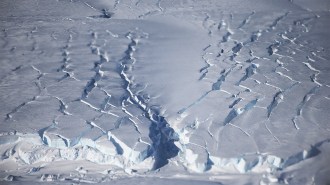 Climate
ClimateHidden Antarctic lakes could supercharge sea level rise
An overlooked Antarctic water system could raise sea levels by more than 2 meters by 2300, computer simulations show.
By Nikk Ogasa -
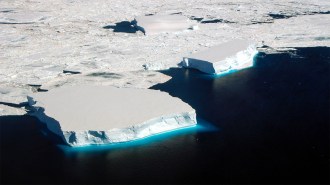 Environment
EnvironmentFires in the Amazon forest may melt sea ice in Antarctica
Satellite data reveal a link between the amount of black carbon in the atmosphere and rates of Antarctic sea ice loss in recent years.
-
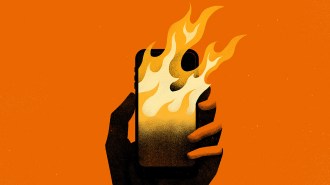 Artificial Intelligence
Artificial IntelligenceSpotting climate misinformation with AI requires expertly trained models
When classifying climate misinformation, general-purpose large language models lag behind models trained on expert-curated climate data.
By Ananya -
 Climate
ClimateA lush, green Arabian Desert may have once linked Africa and Asia
Mineral formations in caves reveal recurring periods of humidity in the Arabian Desert over the last 8 million years.
-
 Climate
ClimateSolar geoengineering moves into the spotlight as climate concerns grow
As global temperatures rise, scientists debate the pros and cons of solar geoengineering, a strategy to cool Earth by reflecting sunlight into space.
-
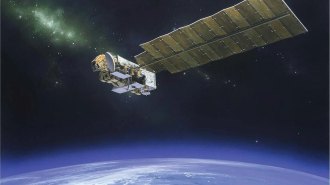 Earth
EarthThe ozone layer shields life on Earth. We’ll soon lose a key way to monitor its health
Imminent loss of NASA's Aura and Canada's SCISAT will severely diminish scientists’ ability to monitor ozone-depleting substances in the stratosphere.
By Nikk Ogasa -
 Earth
EarthMore details about the Myanmar earthquake are emerging
A phenomenon called liquefaction, which causes the ground to slump like quicksand, led to significant damage after the Myanmar earthquake. The risk of aftershock remains high.
-
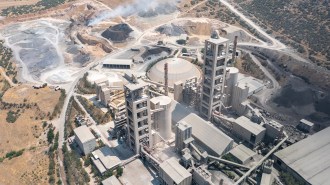 Climate
ClimateSplitting seawater offers a path to sustainable cement production
Cement manufacture is a huge carbon emitter. A by-product of splitting seawater might make the process more environmentally friendly.